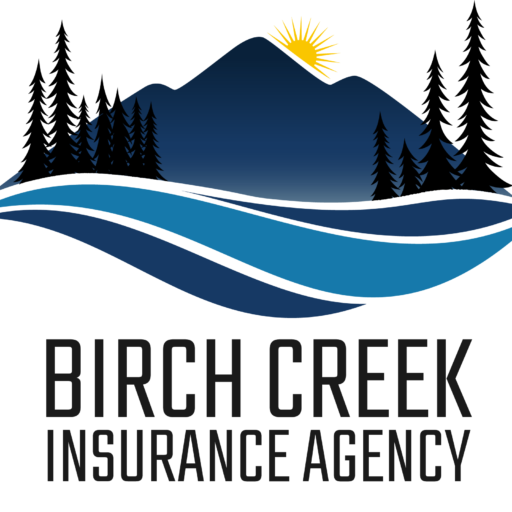The Road Less Traveled.
The thrill of adventure – it’s what owning a recreational vehicle is all about.
Birch Creek Insurance offers advanced coverage options to meet the insurance needs of the adventurer in everyone.
From accidents and injuries to hit-and-runs and theft, it’s important to keep your RV or trailer insured so you’re prepared when accidents do happen.

At Birch Creek Insurance, we combine premium RV and trailer insurance with personalized service to give you the best coverage possible. Our insurance specialists will work with you one-on-one to find a policy that keeps you and your vehicles protected at all costs—for peace-of-mind on every journey.
As your trusted source for RV and trailer insurance, Birch Creek Insurance offers a wide range of coverage options and additional protections, including:
Liability Coverage
Comprehensive Coverage
Collision Coverage
Uninsured & Underinsured Motorist Coverage
Diminishing Deductible
Accident Forgiveness
Minor Violation Forgiveness
Roadside Assistance
Specialty Auto Insurance
24-Hour Customer Service
Towing
Rental Reimbursement
Personal Injury Protection (PIP)
Mexican Auto Insurance
SR22 Insurance
Medical Payments Coverage
Why RV Insurance?
If you’re involved in an accident without insurance, you could face hefty out-of-pocket expenses, injury liabilities, and even serious legal complications.
Keeping your RV insured isn’t just responsible—it’s essential. RV insurance helps cover property damage, replacement parts after an accident, medical bills for injuries, roadside assistance, and much more.
Because coverage options vary, it’s important to work with a specialist at Birch Creek Insurance in Logan, Utah, who can help design a policy tailored specifically to your needs.
FAQS
What does homeowners insurance typically cover?
Homeowners insurance protects you from a variety of risks—like fire, theft, vandalism, hail, windstorms, and more. It also includes liability coverage if someone gets hurt on your property, and can help cover living expenses if you’re forced to leave your home after a covered event. Every policy is different, so it’s important to review yours carefully and consider any add-ons that might better protect your home and family.
How is the cost of homeowners insurance determined?
The cost of homeowners insurance is influenced by various factors, including the location of your home, its replacement cost, the age and condition of your home, your claims history, and the coverage limits you choose. Additionally, factors like the presence of security systems, proximity to fire hydrants, and your credit score can impact your premium. It's a good idea to work with an insurance agent to assess your unique situation and find a policy that offers the right coverage at an affordable price.
Is flood damage covered by standard homeowners insurance?
No, standard homeowners insurance typically does not cover flood damage. To protect your home from flood-related losses, you would need to purchase a separate flood insurance policy through the National Flood Insurance Program (NFIP) or a private insurer. It's important to assess your risk based on your location and consider obtaining flood insurance if you live in an area prone to flooding, even if it's not required by your lender.

